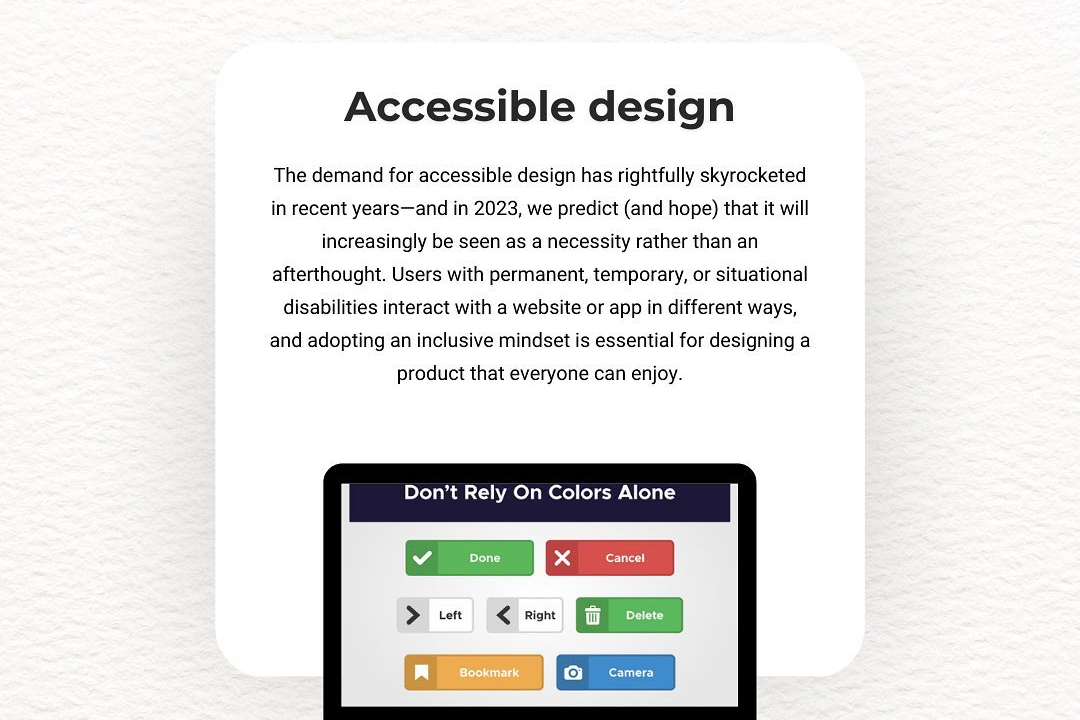Flutter Project Tracking and Management
Effective Tracking and Management of Flutter Projects
Flutter Project Tracking and Management
Flutter project tracking and management involves using various tools and methodologies to oversee the development lifecycle of applications built with Flutter, ensuring that projects are delivered on time, within scope, and according to quality standards. This includes employing project management frameworks like Agile or Scrum, utilizing task tracking systems such as Jira or Trello for organizing sprints, tasks, and progress monitoring, and fostering collaboration through platforms like GitHub or GitLab for version control and code reviews. Additionally, Flutter's hot reload feature enhances productivity by allowing developers to make real-time changes, while analytics tools can help track app performance post-deployment, facilitating continuous improvement and timely updates. Effective communication and regular team meetings are also crucial to maintaining alignment on project goals and addressing any roadblocks swiftly.
To Download Our Brochure: https://www.justacademy.co/download-brochure-for-free
Message us for more information: +91 9987184296
1 - Introduction to Flutter
Overview of Flutter as a UI toolkit for building natively compiled applications for mobile, web, and desktop from a single codebase. Understanding the importance of learning to manage projects using Flutter.
2) Project Setup
Instructions on creating a new Flutter project, including setting up the development environment and organizing project folders for easy management.
3) Version Control Systems (VCS)
Introduction to version control using Git. Emphasizing how VCS helps track changes, manage versions, and collaborate with other developers.
4) Issue Tracking Tools
Importance of using issue tracking tools like Jira, Trello, or GitHub Issues. Learn how to document bugs, feature requests, and tasks for better project management.
5) Agile Methodologies
Explanation of Agile principles and Scrum framework, focusing on iterative development, sprints, and regular feedback, which are beneficial for Flutter projects.
6) Task Prioritization
Techniques for prioritizing tasks using methods like MoSCoW (Must have, Should have, Could have, Won’t have) for efficient project management.
7) Project Milestones
Establishing clear milestones to gauge progress and set deadlines, ensuring that the project stays on track and helps in maintaining momentum.
8) Documentation Practices
Best practices for documenting code, features, and project workflows to facilitate collaboration and onboarding of new team members.
9) Code Review Processes
Discuss the importance of code reviews in maintaining code quality, sharing knowledge, and improving team collaboration.
10) Testing and Quality Assurance
Overview of testing strategies in Flutter, including unit testing, widget testing, and integration testing, to ensure a high quality product.
11) Continuous Integration/Deployment (CI/CD)
Introduction to CI/CD tools and pipelines to automate testing and deployment processes, promoting faster and more reliable delivery of software.
12) Performance Monitoring
Discussing tools and methods for monitoring app performance, understanding user behavior, and addressing issues proactively.
13) User Feedback Integration
Strategies for collecting user feedback through analytics and app reviews, and how to effectively incorporate that feedback into future development cycles.
14) Team Communication Tools
Overview of tools like Slack or Microsoft Teams that facilitate communication among project members, fostering collaboration and reducing misunderstandings.
15) Preparing for App Store Submission
Steps and best practices for preparing a Flutter app for deployment on app stores, including compliance checks, marketing strategies, and post launch support.
16) Post Launch Activities
Importance of post launch activities, such as user engagement, gathering analytics, and planning for future updates, ensuring long term success of the Flutter application.
17) Case Studies and Real World Examples
Review of successful Flutter projects, discussing challenges faced and how effective project tracking and management led to successful outcomes.
This structured approach will provide students with the necessary knowledge and skills to efficiently manage Flutter projects, fostering a solid foundation to succeed in their future endeavors.
Browse our course links : https://www.justacademy.co/all-courses
To Join our FREE DEMO Session: Click Here
Contact Us for more info:
User Onboarding
iOS Training in Kadapa
Certifications in Software Testing
Ios app performance analysis techniques
Annotations In Java











